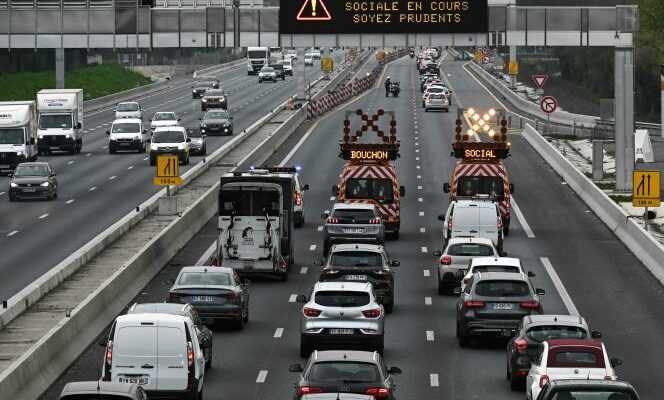DObviously, carbon taxation will be the least kept promise of Macron’s five-year term, which is coming to an end. The executive failed to reconcile the end of the month and the end of the world, preserve purchasing power, while accelerating the oil exit. Fuel prices are a symbol of this. The 2017 campaign promise included an increase in the carbon tax and the end of off-road diesel, used in the construction industry.
After the “yellow vests”, the war in Ukraine sounded the death knell for this ambition. The government decreed an aid of 18 cents including VAT per liter of gasoline (in mainland France) and postponed the reform of the taxation of non-road diesel. Three-quarters of the €6 billion resilience plan to counter the effects of soaring energy prices will subsidize petrol. The opposite of what was expected.
That being said, there was an urgent need to counter this major shock, which primarily affects the least well-off households. If, in normal times, the transport budget of the French represents on average 5% to 7% of their income, the most modest 20% devote around 15% to it, and this figure has probably climbed to 20% with the latest increases. of price. Moreover, all the neighbors of France have drawn plans of the same type. From Sweden to Spain, it is the great return of gasoline subsidies, with tax cuts, the rates of which are quite close, because they are harmonized in Europe.
Subsidize good or compensate people
The political and social necessity is obvious. Everywhere, revolts are booming in the face of soaring prices at the pump. Impossible to adapt one’s behavior in such a brutal way, especially for low-income French people living in rural areas, and therefore personally and professionally dependent on the car. Therefore, governments have an alternative: subsidize the good or compensate the people.
The easiest and fastest way is to reduce taxes. But this is obviously not the most virtuous. First, because it removes or reduces the incentive to save energy, which remains the absolute goal. Secondly, because it is very difficult afterwards to return to the previous situation and there is therefore a risk of transforming an emergency measure into a permanent situation. This can be seen in the difficulty of ending the tax advantage for off-road diesel.
There remains the solution of compensating people. This is what the government has done with the energy check. The measure has the advantage of being able to target the populations to be helped in priority according to their income. Sweden has thus set up an aid of 90 euros for car owners. The measure is complex to implement and involves threshold effects. It would nevertheless be more egalitarian and probably less expensive than massive watering. All this, the public authorities know, but they are taken by the urgency and the scale of the increase. The urgency of the end of the month, which should not however distract us from that of the end of the world.
